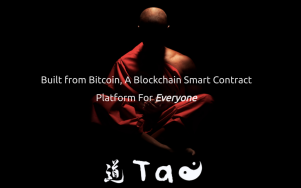 While bitcoin has yet to be embraced by the public, investors and entrepreneurs are increasingly enthusiastic about the potential for blockchain technology. For the reasons given above, proponents say that blockchain, or distributed ledgers technology, should be used to record and store a wide variety of different transactions and decisions. Information such as mortgage certificates, health records, welfare benefits and even voting registration could be managed via a blockchain. The creation of accessible, secure data networks that run in near real time really does sound like a holy grail in the digital age.
While bitcoin has yet to be embraced by the public, investors and entrepreneurs are increasingly enthusiastic about the potential for blockchain technology. For the reasons given above, proponents say that blockchain, or distributed ledgers technology, should be used to record and store a wide variety of different transactions and decisions. Information such as mortgage certificates, health records, welfare benefits and even voting registration could be managed via a blockchain. The creation of accessible, secure data networks that run in near real time really does sound like a holy grail in the digital age.
Richard Mabey is the co-founder and CEO of Juro, which uses blockchain technology to underpin the creation and signing of legal contracts. The business provides a freemium (free for the basic features, with a charge for premium features) model for SMEs and a subscription for larger companies and has signed up over 500 clients since launching last year. “We are seeing real traction from businesses and it’s clear that this technology has moved from academia into the world of business,” Mabey says.
Source: Blockchain businesses embark on world-changing projects | Guardian Small Business Network | The Guardian
 Digital Asset Holdings has announced it intends to open-source DAML, the smart contracting language it acquired from startup Elevence earlier this year.
Digital Asset Holdings has announced it intends to open-source DAML, the smart contracting language it acquired from startup Elevence earlier this year.








 Concurrent Media Strategies, LLC, publisher of the
Concurrent Media Strategies, LLC, publisher of the